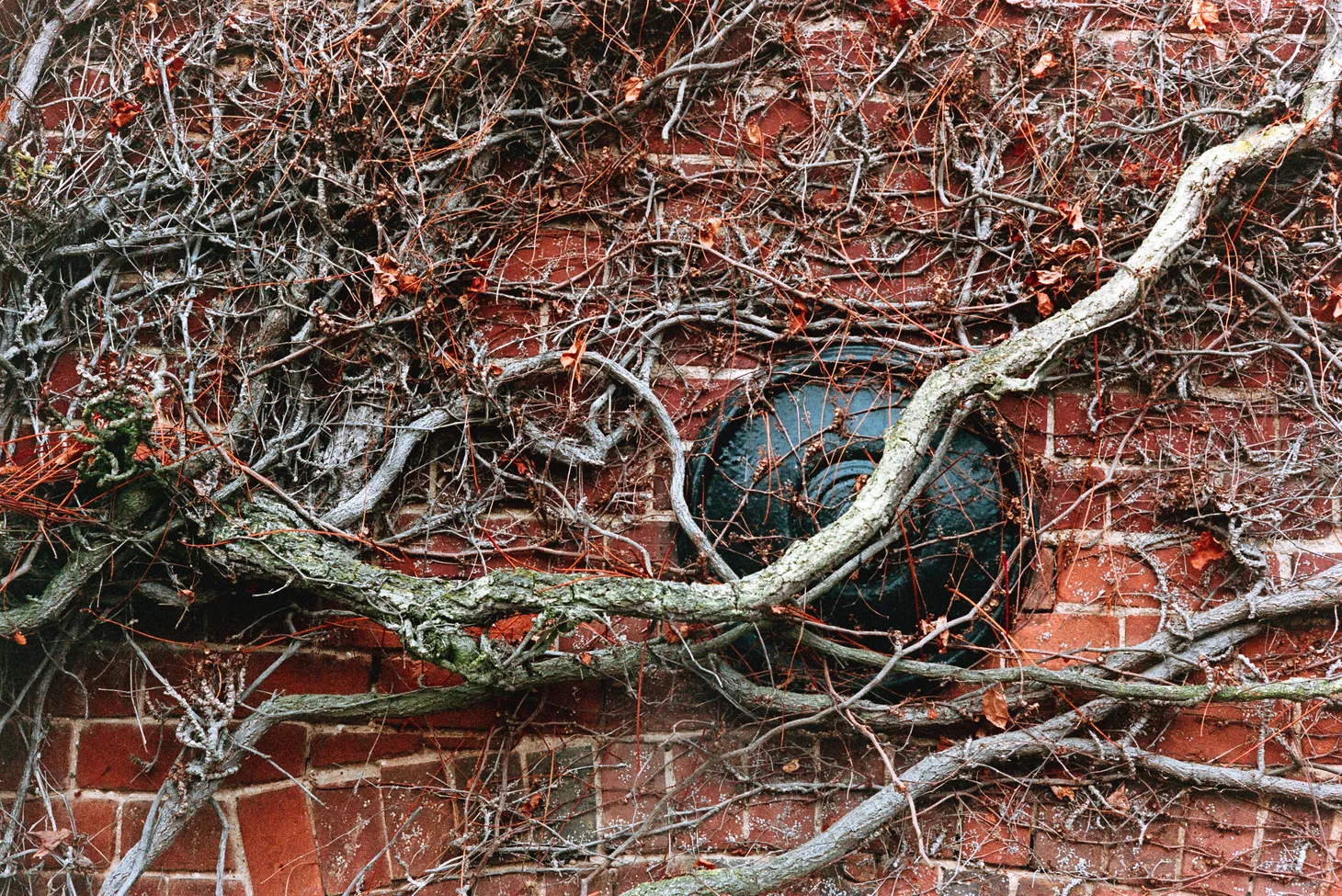Three lessons I learned by going offline for a month on the Cape Wrath Trail
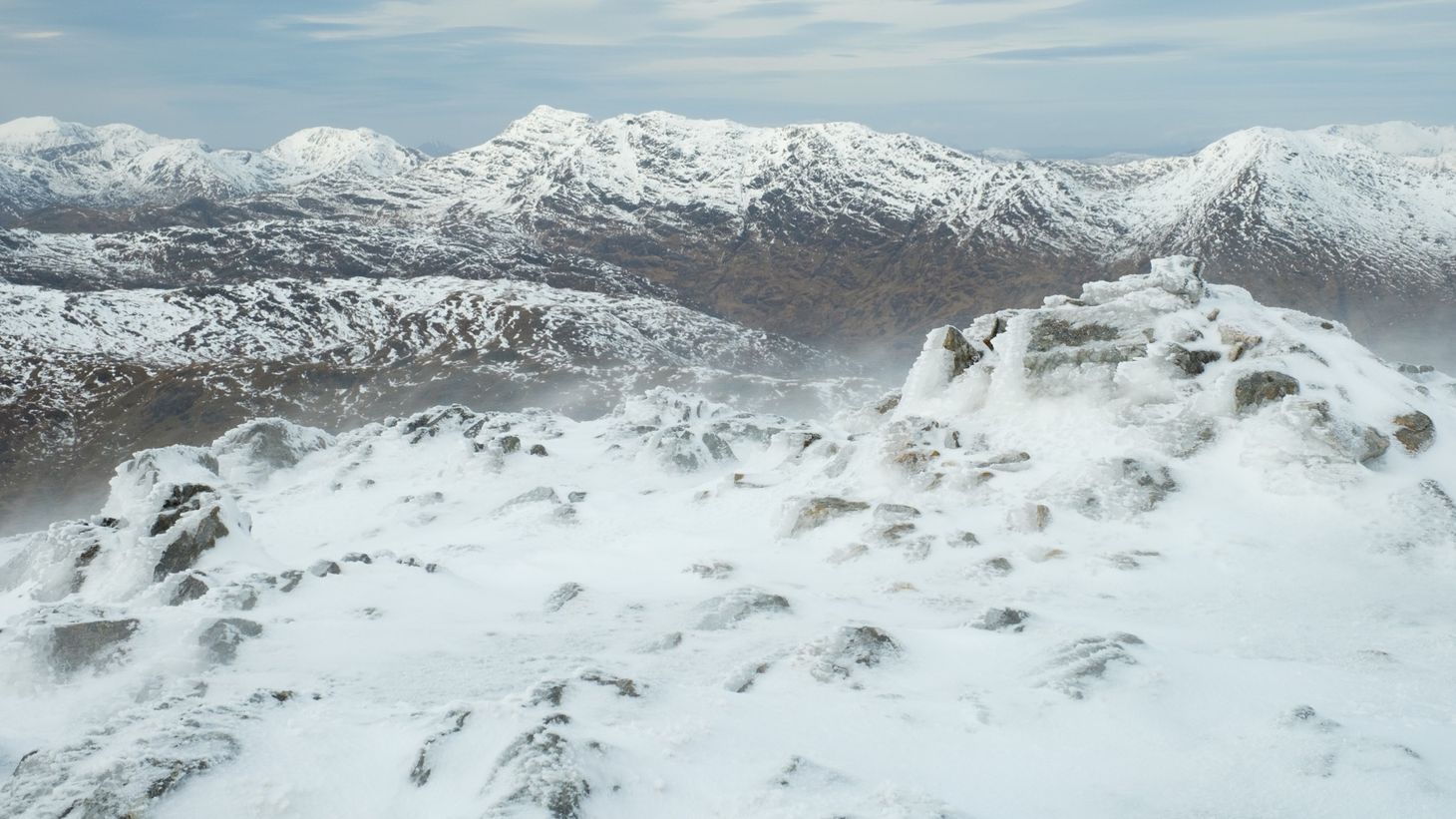
It isn’t really about technology at all.
In January 2019, when attempting to explain why I felt compelled to leave the internet behind for my winter Cape Wrath Trail, I wrote that ‘For some years, I’ve been aware that I can’t think properly when my mind is exposed to the web’1. But because that exposure has been near-continuous for many years, with only brief spells of being away from the internet, I was starting to find it increasingly hard to remember what that other state was like. I snatched what silence and focus I could, gasping at the surface of the infinity pool like a drowning man. Or at least that’s what it felt like, and I didn’t have the necessary perspective to understand why. Anxiety gnawed at me. I was convinced that the internet was to blame.
My plan was simple, the rules of engagement absolute: no internet of any kind as I hiked 300 miles from Ardnamurchan Point to Cape Wrath in February 2019. In doing so, I hoped to put enough distance between myself and the din of the web to figure out what the hell was going on. Of course, I had the preconceived idea that all my theories about internet anxiety would be confirmed; that I would emerge from the experience as some kind of Jedi master, my anxiety cured, my willpower expanded, my focus sharpened, my creativity limitless. The truth – of course – was a lot more complicated than that.
I learned three fundamental lessons, and they have helped to shape my life after the trail.
Lesson number one: my anxiety is linked to overwhelm and complexity, not the web.
Quitting the internet did not cure my anxiety.
In fact, for several days it made things considerably worse as I stressed myself silly over resupply parcels, gear failures, weather worries and more, and I had to solve all these problems without the superpowers of the internet to help me. Things were a lot more mellow by the middle of the trail, but I learned one lesson very firmly indeed: for me, anxiety is not created by the internet or anything in it, although some elements of my online experience can make things worse if I’m already struggling.
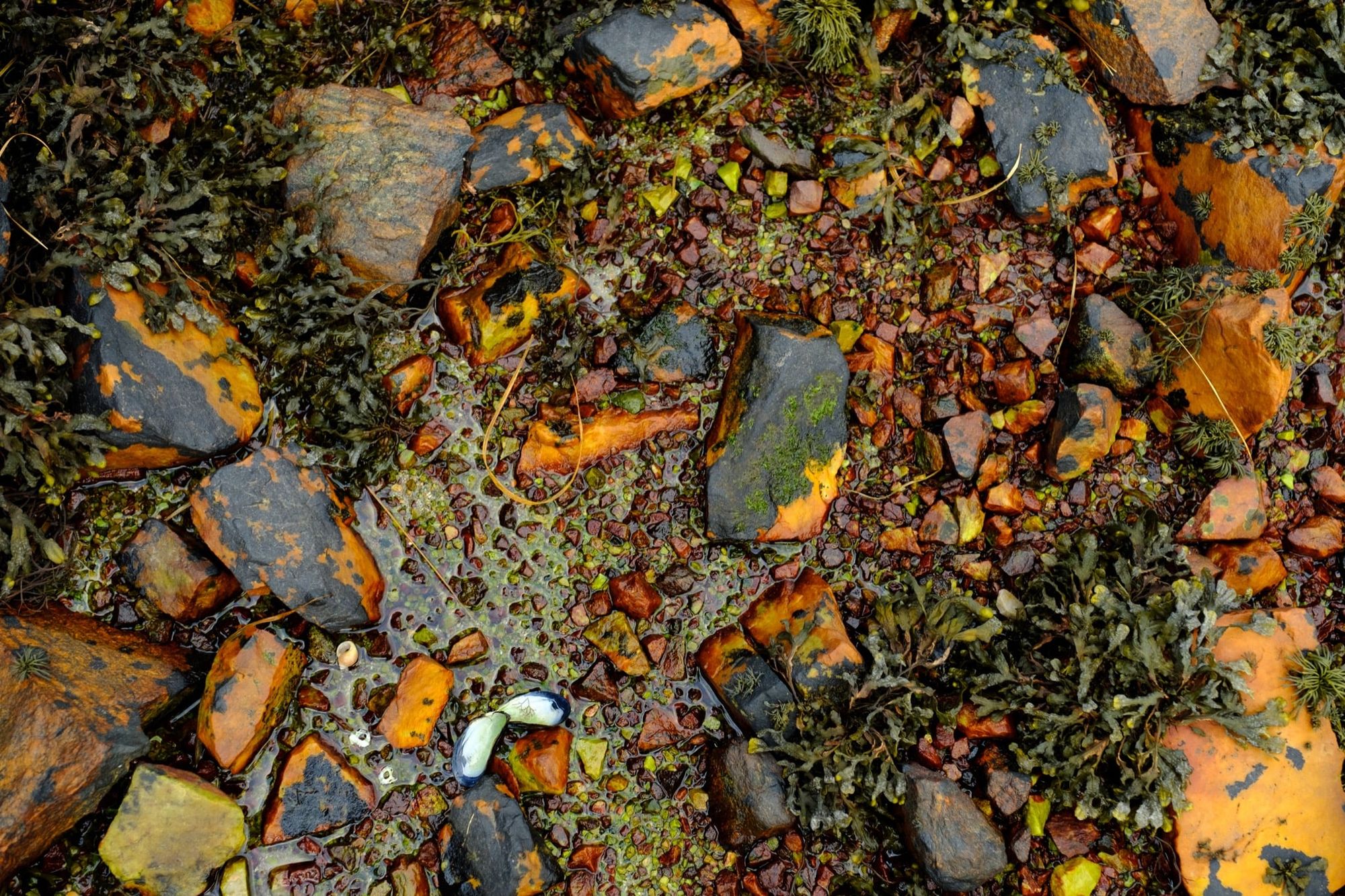
I recently came across the bucket metaphor2. It can apply to any form of mental health problem, but the principle is the same: a person’s ability to cope can be seen as a bucket, into which stressors are poured, filling it up. When it overflows, the person is overwhelmed. For me, being exposed to the news or spending too much time on Twitter can be things that raise the level in the bucket, but they are not inherently any worse than (say) deadline pressures or family illness.
In removing myself from internet-related stressors, I was able to identify an interesting fact: because I’m almost constantly exposed to the internet in daily life, it’s all too easy to mistakenly think that it’s the sole cause of my anxiety. More significant triggers may be hidden elsewhere.
Lesson number two: genuine silence is rare and special, and seeking it can lead to a calmer, more focused, more creative, more observant state of mind.
One of the reasons I wanted to go offline was to find out how it would affect my focus and creativity3. This is one area where my original hypothesis was largely proven correct. Over the course of my trip, I filled a hardcover notebook with the richest, most detailed trail journal I’ve ever written – tens of thousands of words, in some cases recording entire conversations verbatim. I have never written so prolifically on the trail before, and I believe that both the record itself and the act of writing it have helped to cement so many details from this trail into my mind in vivid clarity.
I think that I was able to do this because I deliberately sought an extended silence. My theory – that insulating myself from the ceaseless torrent of information, opinions and noise on the internet would improve my own ability to think, to come up with new ideas and make connections – turned out to be 100 per cent true.
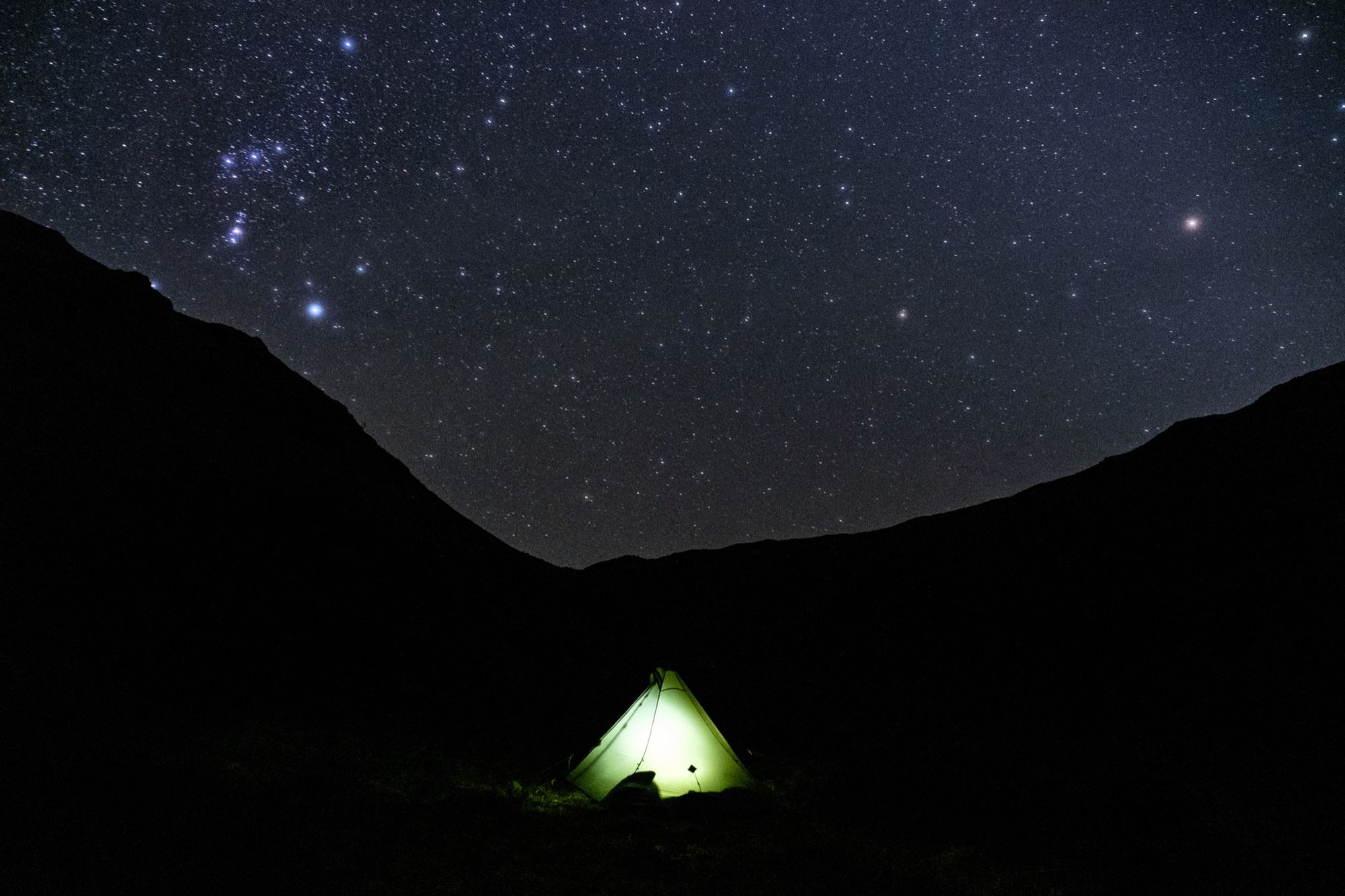
And that silence! It was exquisite. I’m not talking about the literal absence of sound, but the clarity that comes from doing nothing but moving through the landscape, observing and thinking for an extended period. No bottomless content wells to listlessly thumbscroll through in the hope of finding some new distraction, no new crisis to get upset about or form an opinion on, no constant jostling for online status and influence, no relentless deluge of email, no lists of ‘important’ things to attend to. Just the rarefied silence of a soul at peace. It took me three weeks to push through and find this. I can see little glimpses of this silence in everyday life – echoes, or memories perhaps – but by the end of the CWT I bathed in it, gloried in it.
The simplicity was a benediction. I am not a religious person, but that’s the best way I can describe it.
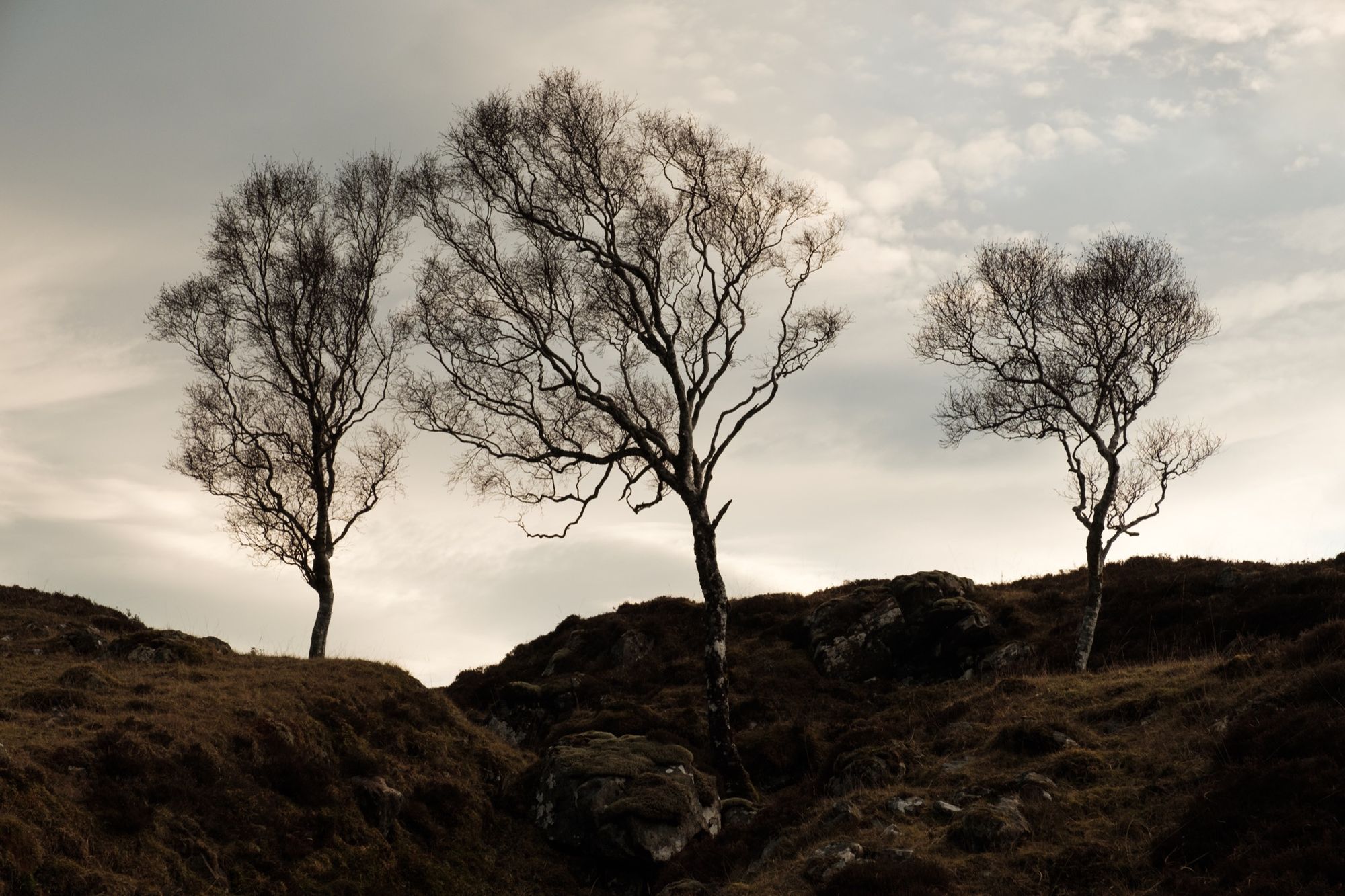
Of course, sometimes I felt pangs of boredom, and I did occasionally plug myself into music or an audiobook and zone out for a few hours. A wanderer cannot live on silence alone.
Lesson number three: social media has risks and dangers, but also huge benefits, and I’ve been too cynical about it in the past.
One of the big questions I wanted to answer was about my relationship with social media. Over the years, I have struggled with this. As I’ve educated myself about how tech giants have specifically engineered their platforms to encourage behavioural addictions (which are good for ‘engagement’), I’ve tried various methods to protect myself from these negative effects. I’ve studied these matters extensively, and I’ve been outspoken about them online.
I wanted to figure out whether I should continue using these platforms, and if so, how. I wanted to figure out how they were really affecting me – and in order to do that I needed to unplug.
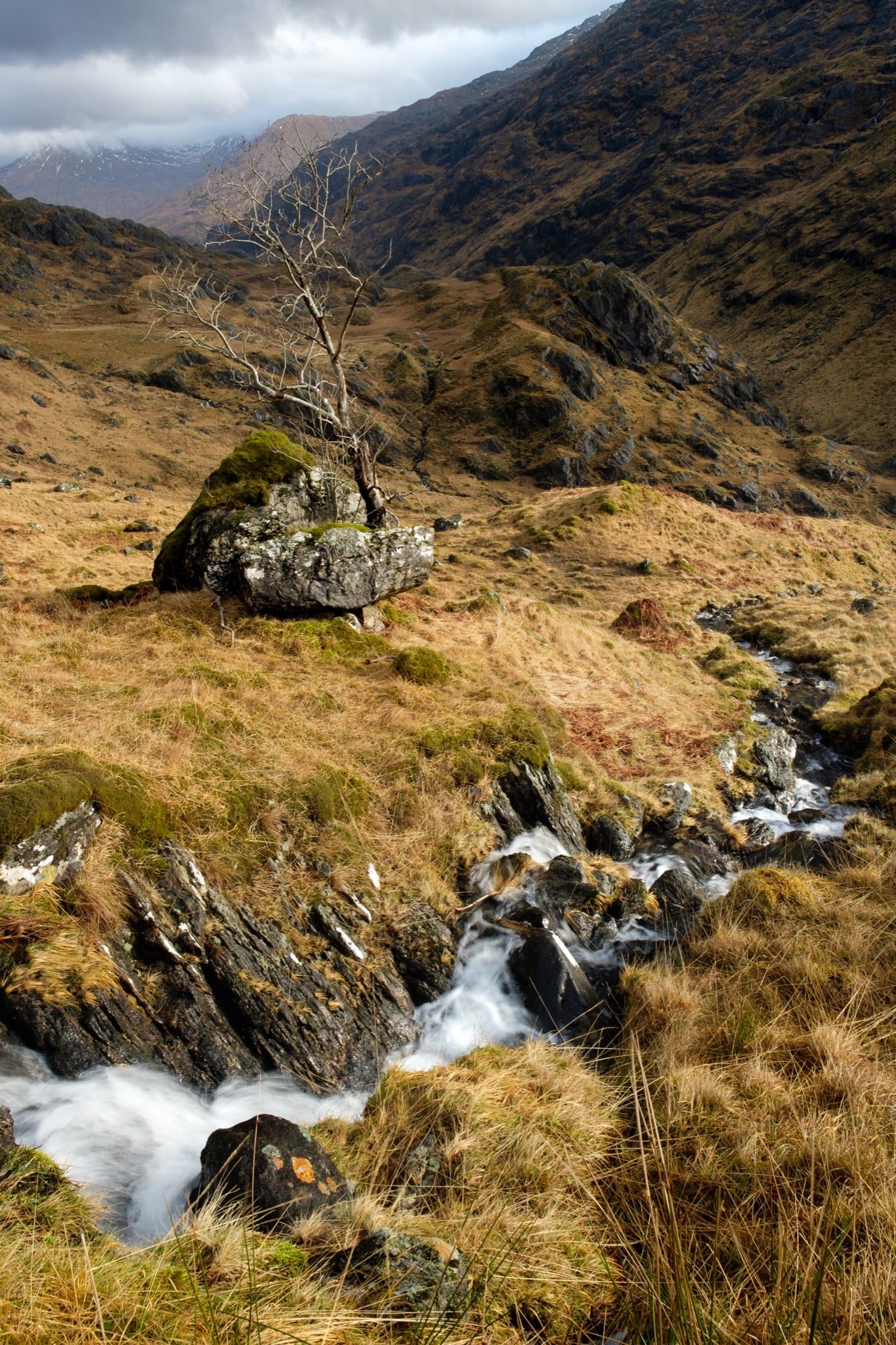
Here’s something curious I observed. After a couple of weeks of total non-participation in any form of social media, I found my cynicism evaporating. I found myself far more willing to appreciate the benefits of Twitter and Instagram and all the good things they can achieve, from facilitating human connections to environmental campaigning. The environmental factor increasingly came to the forefront of my thoughts as I saw more and more evidence of the biodiversity crisis unfolding all around me.4
By the end of the trail, I was looking forward to re-engaging on Twitter. Thanks to my realisation about the nature of my anxiety, I no longer believed that social media was an explicit threat to my mental health – although, like many other things, it can be a factor. However, I remain wary of social media’s downsides, design flaws, and risks. I resolved to use these platforms as much as needed in order to gain the benefits that I want, but to remain vigilant and restrict my usage – or take complete breaks – if I find them getting in the way.
Did you know that I send out weekly newsletters on adventure, writing, and adventure writing? Subscribe here to receive my Pinnacle Newsletter.
I also came to a surprising realisation about my own detailed study of social media criticism and reform. Reading countless books and articles about all the ways in which these platforms are making the world a worse place was affecting my mental health more than actually spending time on Twitter and Instagram. I realised that my studies had not been particularly balanced, and had been skewed by confirmation bias – perhaps even by the filter-bubble effect (deliciously ironic, that!). This had hardened my beliefs into an armour of cynicism.
Applying the lessons
This is the hard bit, isn’t it? Three months after plugging myself back in, how has my life changed?
Let’s start with the things that haven’t changed:
- From time to time, I still procrastinate and struggle to focus.
- I still spend too much time on Twitter, and still occasionally tweet ill-considered, reactionary things I haven’t taken the time to think through. Twitter encourages this behaviour, and it requires willpower to counter; willpower is a finite resource and sometimes I need to spend it on other things5.
- My Jedi-level focus and writing skills never survived the transition from trail life back to ‘real’ life.
- Anxiety still stalks me.
So what has changed? What positive steps have I taken to improve my life, based on the lessons of my experiment?
- Although my focus wavers and I struggle with procrastination, like everyone else, I’m more willing to put my finger on the real cause of the problem (me) rather than blame the internet. The distracted mind gets what the distracted mind wants.
- My Twitter use has become more mindful. I’m far more able to step away from it for a few days if I need to, and I’m trying to use it for what it’s best at: building human connections and effecting change. I’ve also found that a browser extension, Twitter Demetricator, is excellent at curbing some of the platform’s more problematic qualities. I still have a long way to go before I’m happy with my usage of Twitter, but I feel that I’ve made excellent progress.
- For creative writing, in most cases I’ve stuck to scrawling out first drafts by hand with pencil and paper at a special desk where I don’t allow myself to use any digital tech6. This is a proven strategy for me, and it has yielded benefits; I believe that three of the features I’ve written since my return are the best I have ever written.
- I am more self-aware when it comes to my anxiety, and have become better at managing it. I’ve been able to identify a number of recurring triggers in my work environment and have taken steps to squash most of them. I’m no longer so quick to blame the web or social media on the overwhelm that crushes me from time to time. The reality is far more nuanced. I’m glad to say that, despite a heavy workload at times, anxiety levels are well down compared to before the CWT.
Before I told anyone what I planned to do on this trip, I worried that people would think it was some kind of bandwagon-jumping gimmick, an attempt to give my winter CWT some kind of an angle. The truth is that it was always a very personal experiment, conducted purely to learn more about myself and to solve a few problems. Of course, it’s yielded an interesting angle for articles, blog posts and hopefully a book as well, but that isn’t why I conducted this journey.
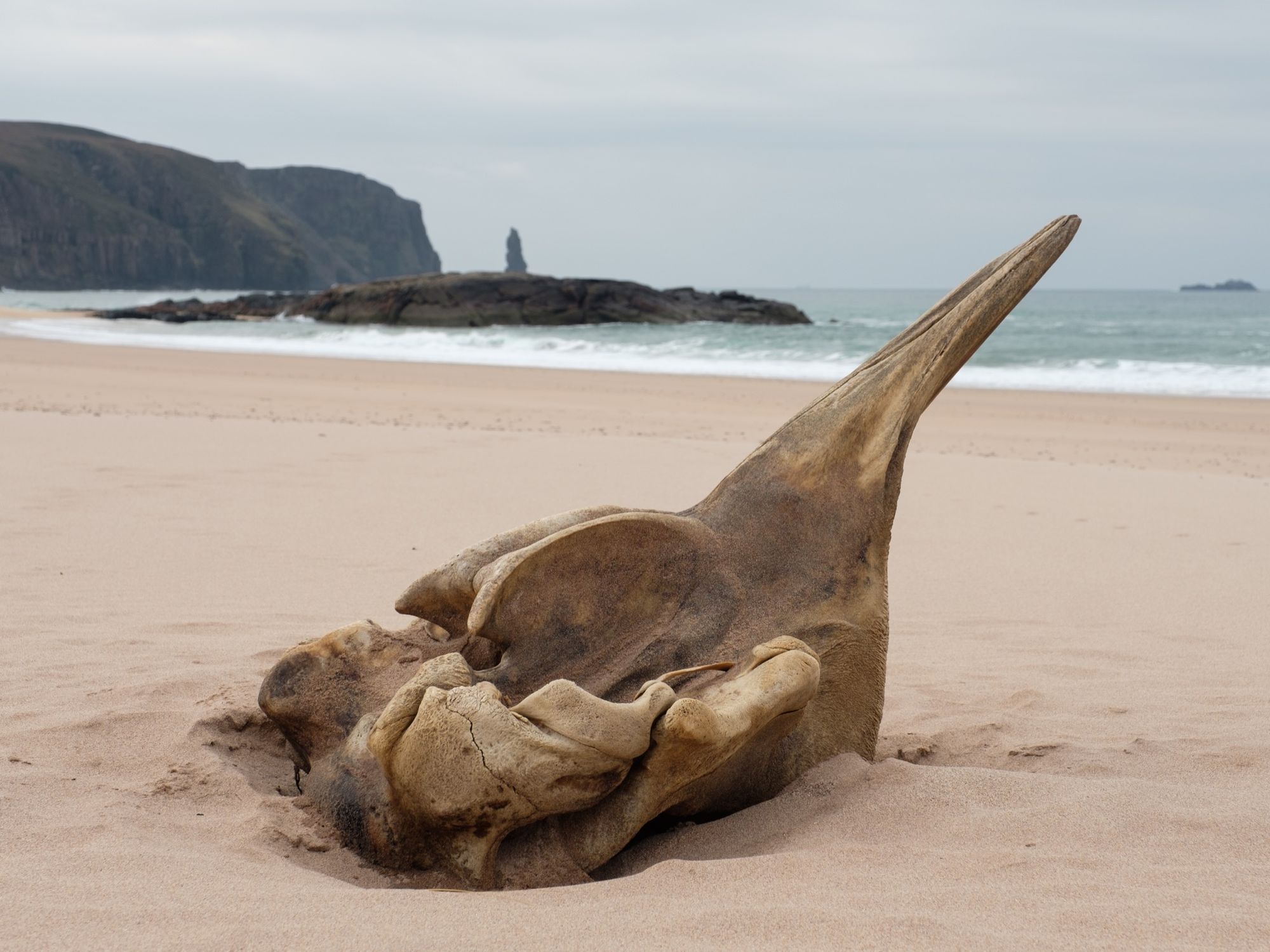
In going offline for an extended period, I succeeded in challenging a few preconceived and entrenched ideas. Ultimately, the CWT taught me one valuable lesson above all others: my worries about internet anxiety are laughably trivial compared to the immediate reality of environmental breakdown. I thought I knew what the story of this trip would be, but the real story – symbolised by the whale skull I found on the farthest shore, a totem to the death we’re bringing to this world – came upon me by surprise. I needed that dose of perspective. I realised that I had my priorities and worries the wrong way round.
But while many of my ideas were overturned, the silence I found out there, after a few weeks offline, was sublime in the truest sense. I doubt I’ll do any more long backpacking trips entirely offline, but I will be seeking that silence again. We should all seek it. It cannot truly be found in our hyper-connected daily lives, only remembered or glimpsed – if we’re lucky.
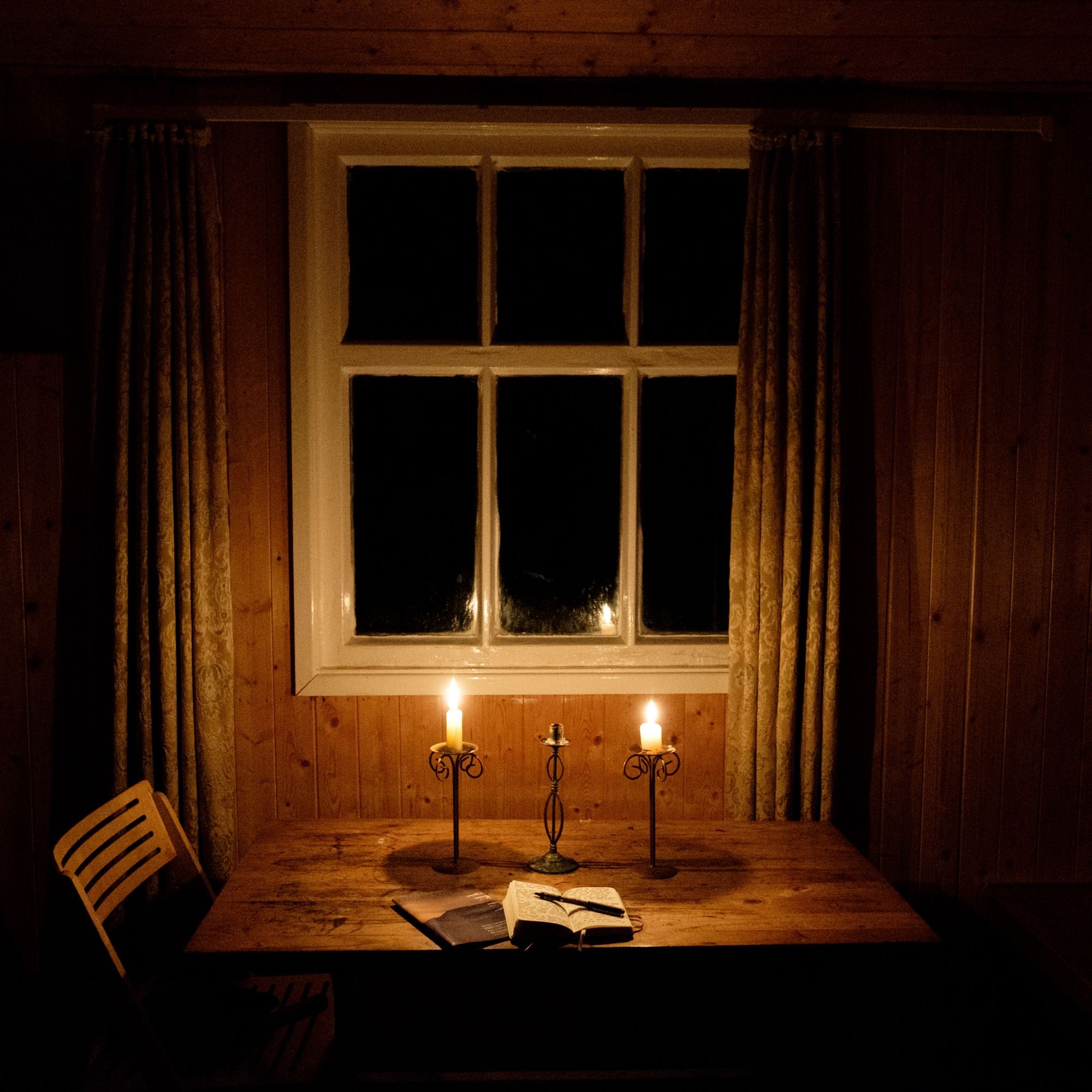
All images © Alex Roddie. All Rights Reserved. Please don’t reproduce these images without permission.
- ‘Why go offline on the Cape Wrath Trail – and how?’ ↩
- ‘Keep your stress bucket from overflowing’ ↩
- I have struggled with focus and internet access for years. It’s a fact that easy access to the web has poleaxed my ability to write fiction. In fact, the most creative period of my entire life was when I had a writing shed at the bottom of the garden with no internet access whatsoever. However, this is difficult to study objectively, and I suspect I’ll never be fully aware of all the factors at play. ↩
- I tell this story in my TGO magazine feature on the CWT, ‘The End of Winter’, published in the May 2019 issue of The Great Outdoors. ↩
- For example, physical health and fitness, which are priorities for me – and also require willpower. ↩
- A sort of miniature Walden Zone. I would dearly love a writing shed again one day, though… ↩
Alex Roddie Newsletter
Join the newsletter to receive the latest updates in your inbox.




